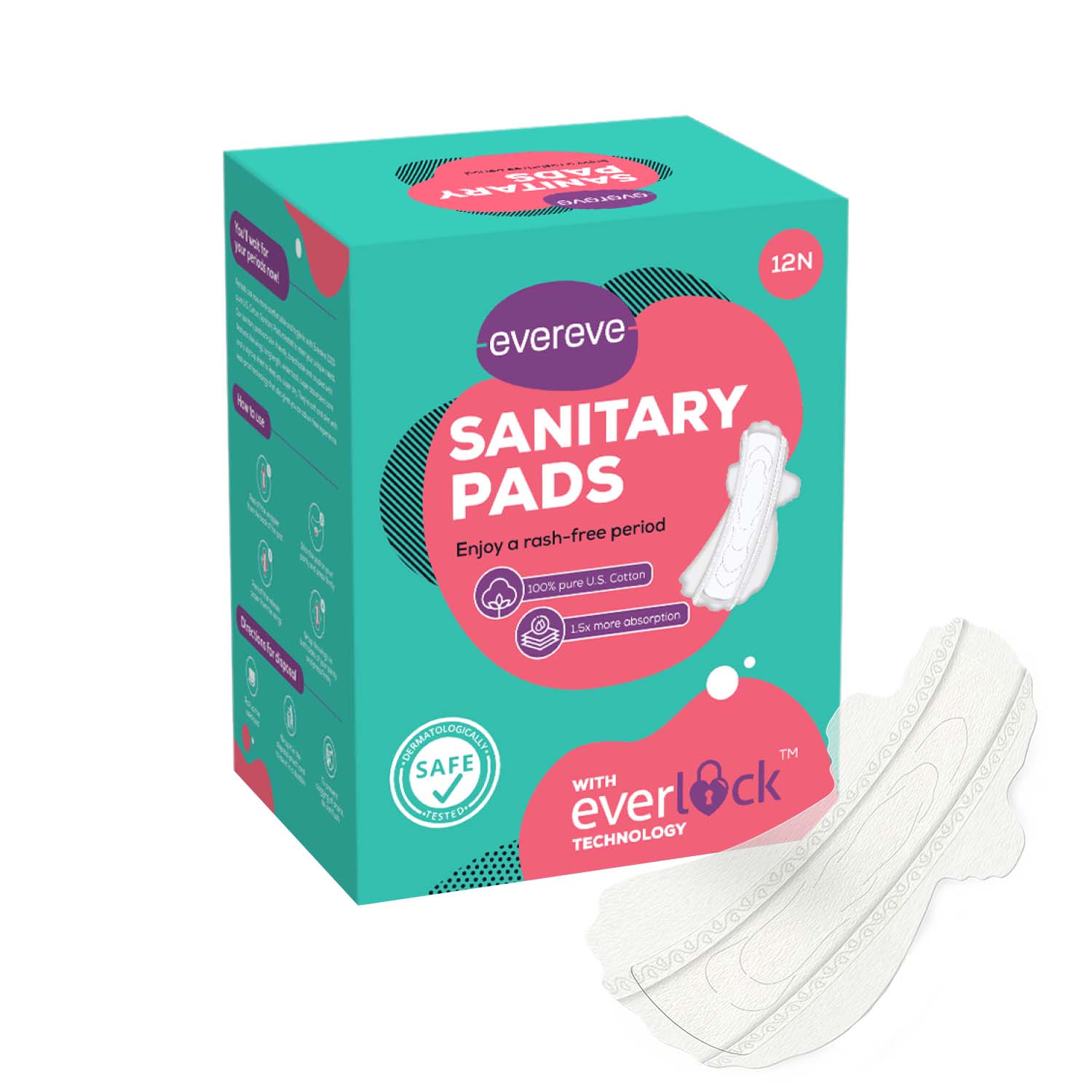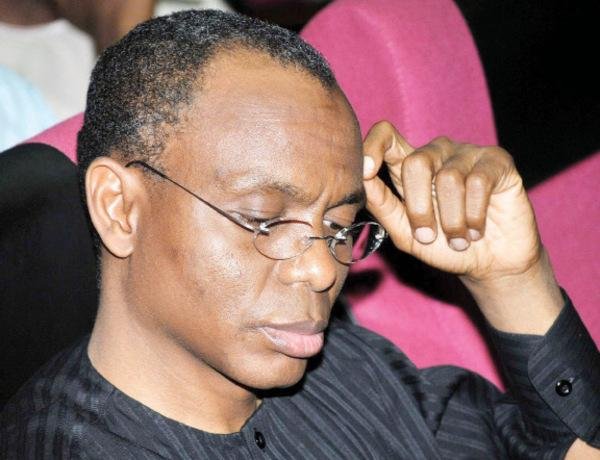The Federal Government, in collaboration with stakeholders, has validated and adopted the first-ever National Policy on Menstrual Health and Hygiene Management (MHHM) aimed at addressing challenges faced by women and girls. Hajiya Imaan Sulaiman-Ibrahim, the Minister of Women Affairs and Social Development, described this policy as a significant step toward ensuring that menstruation does not limit any woman or girl.
At the validation meeting held in Abuja, Sulaiman-Ibrahim, represented by Dr. Maryam Keshinro, emphasized the government’s commitment to improving menstrual health. She noted that the recent removal of taxes on sanitary towels by President Bola Tinubu reflects a deep sensitivity to gender and public health issues.
Women aged 15 to 49 make up about 25 to 30 percent of Nigeria’s population, which translates to millions managing menstruation monthly. Alarmingly, 15 percent of girls aged 15 to 19 are already mothers or pregnant, and over 7.3 million adolescent girls and women suffer from undernutrition. With 55 percent affected by anemia, these conditions can be exacerbated by poor menstrual hygiene and a lack of affordable sanitary products.
Sulaiman-Ibrahim stressed that menstrual health is not merely a women’s issue but a broader concern affecting family and national development. She highlighted the need to address inadequate access to sanitary products, poor WASH infrastructure, and cultural taboos that contribute to exclusion and absenteeism from school.
The new policy aims to break the silence surrounding menstruation, eliminate stigma, and integrate menstrual health into national agendas across various sectors, including health and education. By 2030, the policy envisions a future where no girl in Nigeria has to choose between managing her menstruation and pursuing her education.
Implementation will require strong collaboration among various sectors, political will, and active participation from communities and development partners. The minister expressed gratitude to organizations like Population Services International and WaterAid Nigeria for their support in addressing menstrual health challenges.
Mrs. Fifi Ogbondeminu, Acting Country Representative of PSI Nigeria, noted that the event marks a milestone in ensuring menstruation is treated with dignity and urgency. Ogbondeminu emphasized that menstrual health is a human rights and gender equality issue.
Evelyn Mere, Country Director of WaterAid Nigeria, indicated that the policy will also enhance access to essential infrastructure, including clean water and sanitation facilities. She highlighted the positive changes seen in communities that properly address menstrual health, leading to improved attendance in schools and workplaces.
The National Policy on MHHM aims to provide a comprehensive framework to improve access to safe menstruation for vulnerable women and girls, ensuring that menstruation is no longer a silent burden but a matter of public concern.







